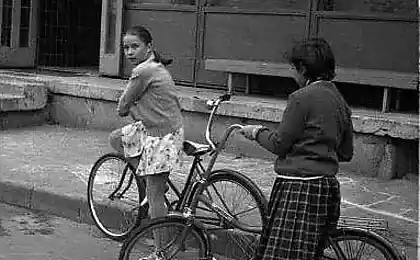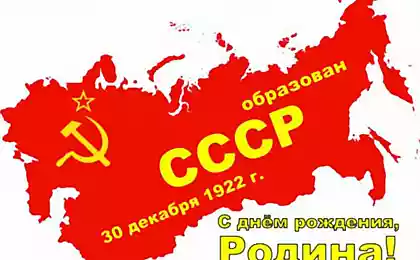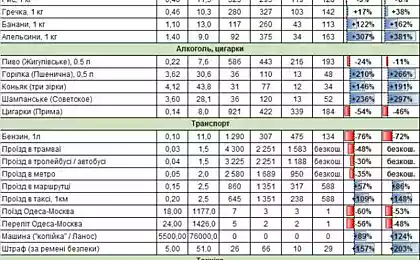167
What kind of work in the USSR is best paid
Speaking at the XXII Congress of the CPSU, Nikita Khrushchev promised that by 1980 communism would be built in the USSR, in which money would lose its importance. As is well known, monetary signs survived the first state of workers and peasants. And what professions in the USSR were paid by them better than others, we will try to understand this article.
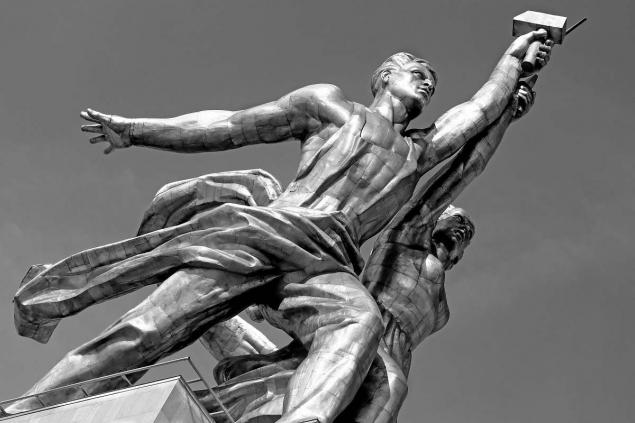
In the planned Soviet economy, both prices and wages were set directively. At the same time, a skilled worker could earn more than his immediate supervisor or even the director of the plant.
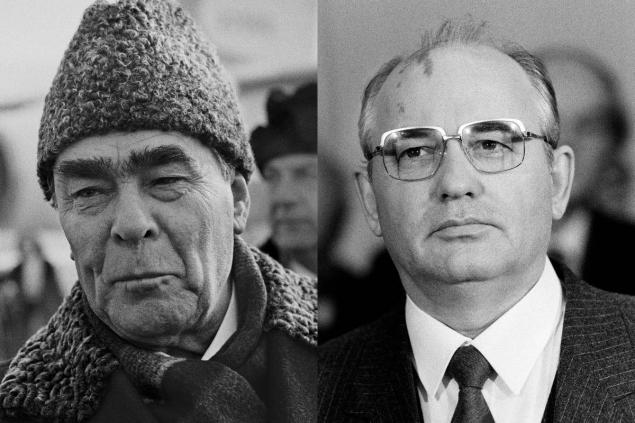
GettyImages Of course, officials enjoyed numerous perks. They had service cars and cottages, received special rations and rested in special sanatoriums. But their official incomes were not as strikingly different from the national average as they are today.
For example, Leonid Brezhnev in the first 9 years of his reign received 800 rubles, with an average salary in the USSR of 150-180. The same amount until 1990 was listed in the payroll of Mikhail Gorbachev.
Today, the average salary of players of the Russian Premier League is about a million rubles a month. In the USSR, players were paid much less: from 200 to 300 rubles a month. Another 100 rubles was a bonus for the won match. But that money was considered pretty big back then.
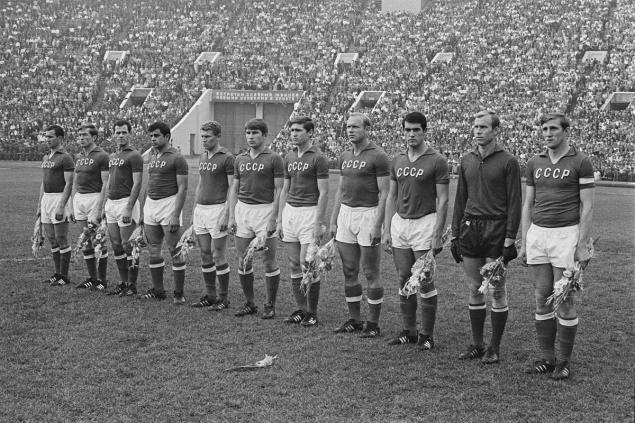
GettyImages gave athletes and awards for winning international competitions. So, for the victory at the Olympic Games in 1980, a fee of 4 thousand rubles was appointed, for the second place - 2 thousand, for the third - 1.5 thousand. The money was handed out minus income tax.
The profession of astronauts is considered one of the most dangerous in the world. So it is not surprising that the salaries of Soviet cosmonauts were relatively high. Taking into account the title, class and seniority in 1962, they amounted to 500-600 rubles.
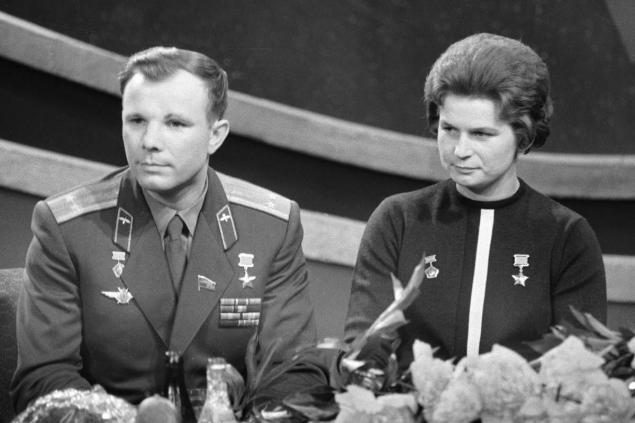
GettyImages Each space flight was paid extra. So, in 1975, cosmonaut Grigory Grechko for 1 month of flight was paid 5 thousand rubles. Today, the salary of the Russian cosmonaut is 63.8 thousand rubles. For one flight, he receives a monthly allowance of 55% of his salary before retirement.
The salary of a performer in the USSR depended not on talent, but on the number of concerts. The rate of the singer was 19 rubles. For each concert, there was a double bet plus a skill premium. Even if a popular performer gave 20 concerts a month, it turned out to be somewhere 350-400 rubles clean.
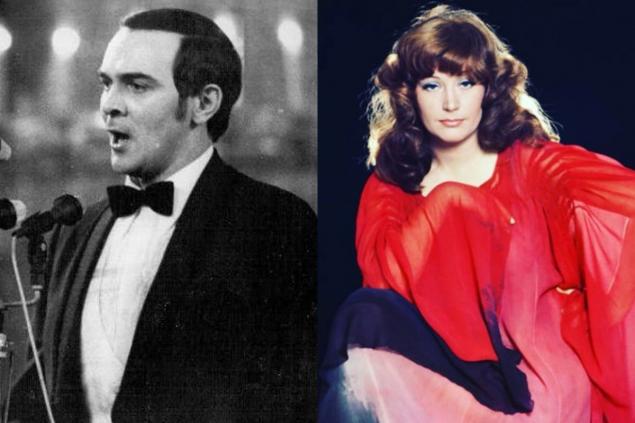
There was also revenue from recording. For example, the popular singer Anna Veschi recalls that the fee for her disc giant in 1984 was... 78 rubles. A lot of money artists began to receive only after 1987, when youth cooperatives began to arrange concerts in stadiums.
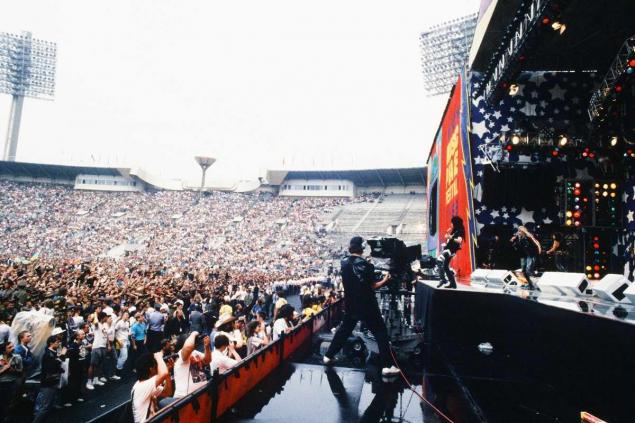
Filmmakers have always been the elite and earned up to 8000 rubles for the production of one tape. This amount increased if there were more than one series. For example, for the two-part film “The Dawns Are Quiet Here”, which became the leader of the rental in the USSR, director Stanislav Rostotsky received 15,000 rubles.
Harmful to health work in the USSR, as a rule, was more paid. The salary of the miner began from 600 rubles. And with experience and good production, the miners earned more than 1,000 rubles a month.
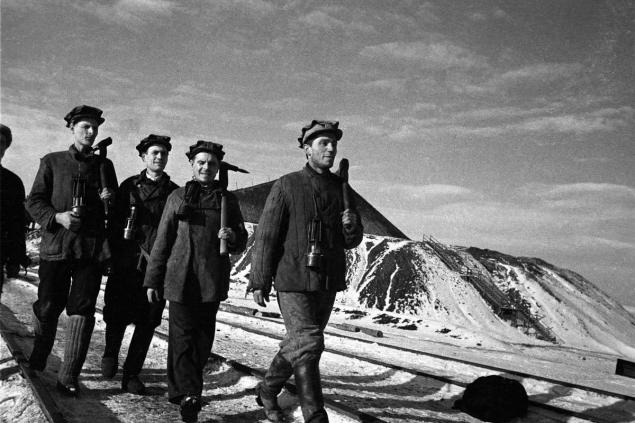
In the 80s, many in the USSR rushed “for a long ruble” to the North. There they were met with harsh conditions, but there were generous northern allowances and district coefficients.
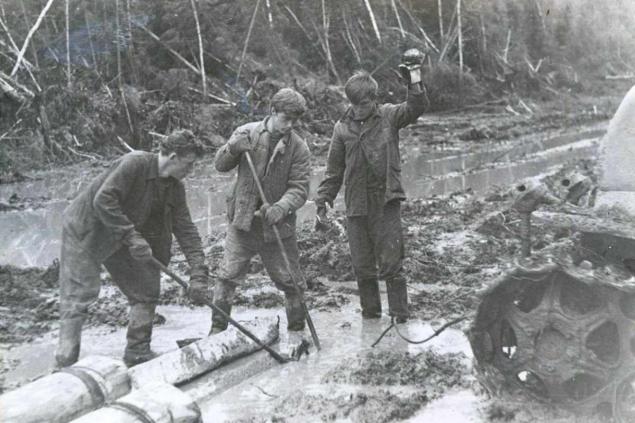
A simple sailor of the fishing fleet received from 1000 rubles a month. Even more (up to 5-10 thousand rubles) workers of fishing collective farms in the Far East earned in Putin. Approximately the same income was at gold miners in Chukotka.
There was an opportunity to earn good money from students. Soldiers of student construction teams received 2-3 thousand per semester. At that time, this amounted to 40 increased scholarships or half of the cost of a co-op apartment.
Working professions in the USSR were also prestigious. Good wages were from qualified locksmiths, turners, adjusters of equipment. With additional payments for seniority and production, their income could range from 400 to 1000 rubles.
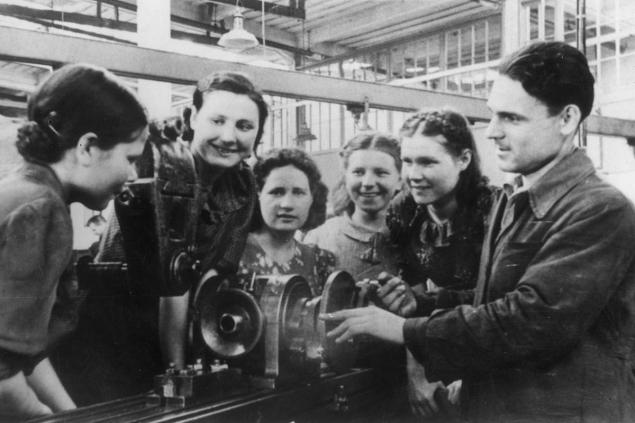
GettyImages You ask, "What about butchers, waiters, salesmen, hotel managers?" Yes, because of the general shortage, their left-wing incomes sometimes reached sky-high heights. But that's the subject of a completely different article.
We can say that Soviet salaries were good for their transparency. They were standard, gave the opportunity to make good money to those who wanted it, and allowed a wide range of workers to enjoy almost the same benefits that their bosses enjoyed.

In the planned Soviet economy, both prices and wages were set directively. At the same time, a skilled worker could earn more than his immediate supervisor or even the director of the plant.

GettyImages Of course, officials enjoyed numerous perks. They had service cars and cottages, received special rations and rested in special sanatoriums. But their official incomes were not as strikingly different from the national average as they are today.
For example, Leonid Brezhnev in the first 9 years of his reign received 800 rubles, with an average salary in the USSR of 150-180. The same amount until 1990 was listed in the payroll of Mikhail Gorbachev.
Today, the average salary of players of the Russian Premier League is about a million rubles a month. In the USSR, players were paid much less: from 200 to 300 rubles a month. Another 100 rubles was a bonus for the won match. But that money was considered pretty big back then.

GettyImages gave athletes and awards for winning international competitions. So, for the victory at the Olympic Games in 1980, a fee of 4 thousand rubles was appointed, for the second place - 2 thousand, for the third - 1.5 thousand. The money was handed out minus income tax.
The profession of astronauts is considered one of the most dangerous in the world. So it is not surprising that the salaries of Soviet cosmonauts were relatively high. Taking into account the title, class and seniority in 1962, they amounted to 500-600 rubles.

GettyImages Each space flight was paid extra. So, in 1975, cosmonaut Grigory Grechko for 1 month of flight was paid 5 thousand rubles. Today, the salary of the Russian cosmonaut is 63.8 thousand rubles. For one flight, he receives a monthly allowance of 55% of his salary before retirement.
The salary of a performer in the USSR depended not on talent, but on the number of concerts. The rate of the singer was 19 rubles. For each concert, there was a double bet plus a skill premium. Even if a popular performer gave 20 concerts a month, it turned out to be somewhere 350-400 rubles clean.

There was also revenue from recording. For example, the popular singer Anna Veschi recalls that the fee for her disc giant in 1984 was... 78 rubles. A lot of money artists began to receive only after 1987, when youth cooperatives began to arrange concerts in stadiums.

Filmmakers have always been the elite and earned up to 8000 rubles for the production of one tape. This amount increased if there were more than one series. For example, for the two-part film “The Dawns Are Quiet Here”, which became the leader of the rental in the USSR, director Stanislav Rostotsky received 15,000 rubles.
Harmful to health work in the USSR, as a rule, was more paid. The salary of the miner began from 600 rubles. And with experience and good production, the miners earned more than 1,000 rubles a month.

In the 80s, many in the USSR rushed “for a long ruble” to the North. There they were met with harsh conditions, but there were generous northern allowances and district coefficients.

A simple sailor of the fishing fleet received from 1000 rubles a month. Even more (up to 5-10 thousand rubles) workers of fishing collective farms in the Far East earned in Putin. Approximately the same income was at gold miners in Chukotka.
There was an opportunity to earn good money from students. Soldiers of student construction teams received 2-3 thousand per semester. At that time, this amounted to 40 increased scholarships or half of the cost of a co-op apartment.
Working professions in the USSR were also prestigious. Good wages were from qualified locksmiths, turners, adjusters of equipment. With additional payments for seniority and production, their income could range from 400 to 1000 rubles.

GettyImages You ask, "What about butchers, waiters, salesmen, hotel managers?" Yes, because of the general shortage, their left-wing incomes sometimes reached sky-high heights. But that's the subject of a completely different article.
We can say that Soviet salaries were good for their transparency. They were standard, gave the opportunity to make good money to those who wanted it, and allowed a wide range of workers to enjoy almost the same benefits that their bosses enjoyed.
Positions for which an old photographer scolds models, because the photos will be spoiled
For the sake of Stanislavsky's performances you can get into a time machine without a return ticket


